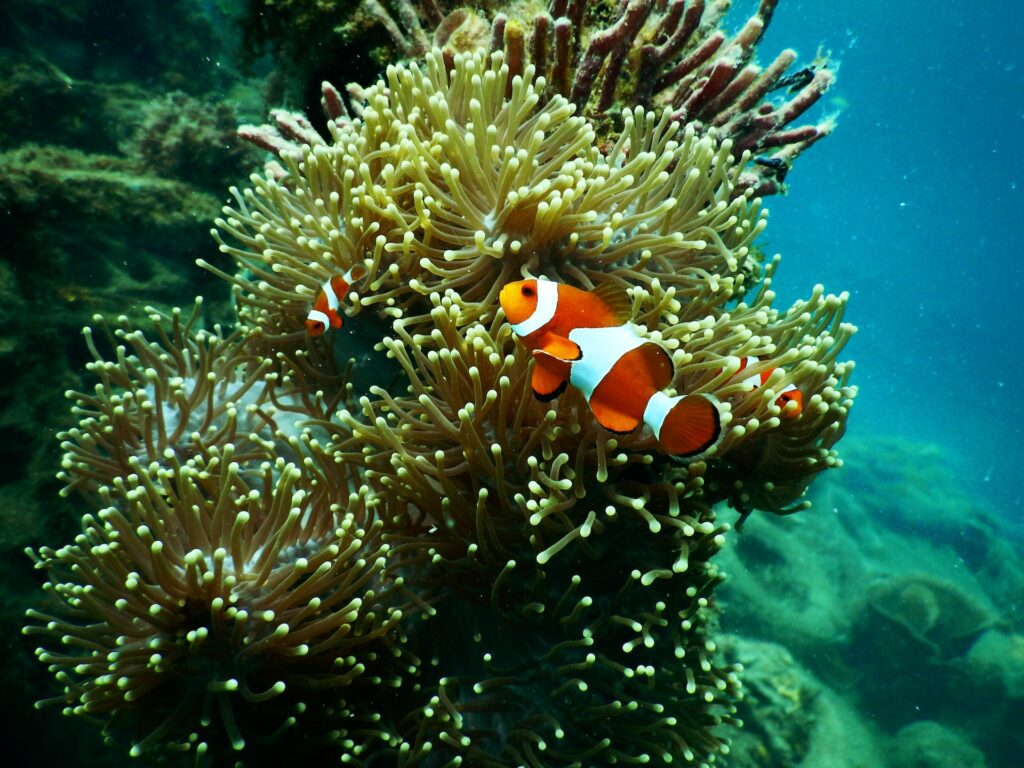Climate change is impairing coral reefs’ ability to survive, say researchers at the University of Haifa, in northern Israel.
Rising temperatures are reducing oxygen levels in seawater, which in turn reduces the corals’ ability to capture prey and reproduce. They’re also relying more on the algae that lives inside of them for energy.
The research team spent two weeks studying the effects of the ongoing decrease in oxygen levels on coral.
Within 12 hours, the coral began to increase its nutrient intake from the symbiotic algae to cope with the oxygen depletion.
After a week, it began absorbing more nutrients from the algae. It also experienced a decline in sperm production, and in the production of a stinging mechanism that functions in prey capture and self-defense.
Previous studies have not assessed the impact of oxygen depletion on the physiology and gene expression of coral for this length of time.
Coral reefs perform numerous important functions for marine ecosystems and human ecology. They provide a habitat for around 25 percent of all marine organisms and contribute to the biodiversity of the marine system.
Sign up for our free weekly newsletter
SubscribeCoral reefs function as the “rainforests” of the sea: the coral lives in symbiosis with algae that are contained inside its cells and provide about 90 percent of its energy through the process of photosynthesis.
“Although corals survive, they pay a penalty. We are concerned that any further environmental changes, especially those affecting the corals’ interaction with their symbiotic algae, will seriously compromise their ability to cope with the declining oxygen levels,” said Dr. Hagit Kvitt, who led the study.
The researchers explain: “Consequently, the need for oxygen increases while oxygen levels decrease, which poses a greater threat to the animals than the rise in temperature itself.
“Previous studies have found that some past mass extinction events were likely caused by a similar combination of rising temperatures and decreasing oxygen levels.”
The research was published in the journal Frontiers in Marine Science.
Related posts

Israeli AI Safety Tool Among TIME’S Best Inventions For 2024

TAU Team Discovers Mechanism To Eliminate Cancerous Tumors

Ashdod Port Investing In Startups As Part Of Innovation Strategy




Facebook comments